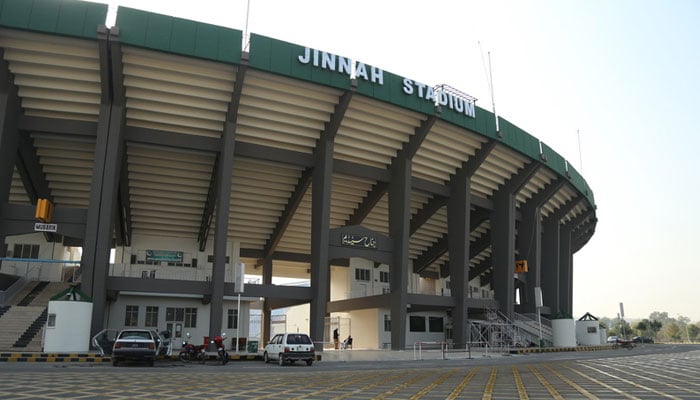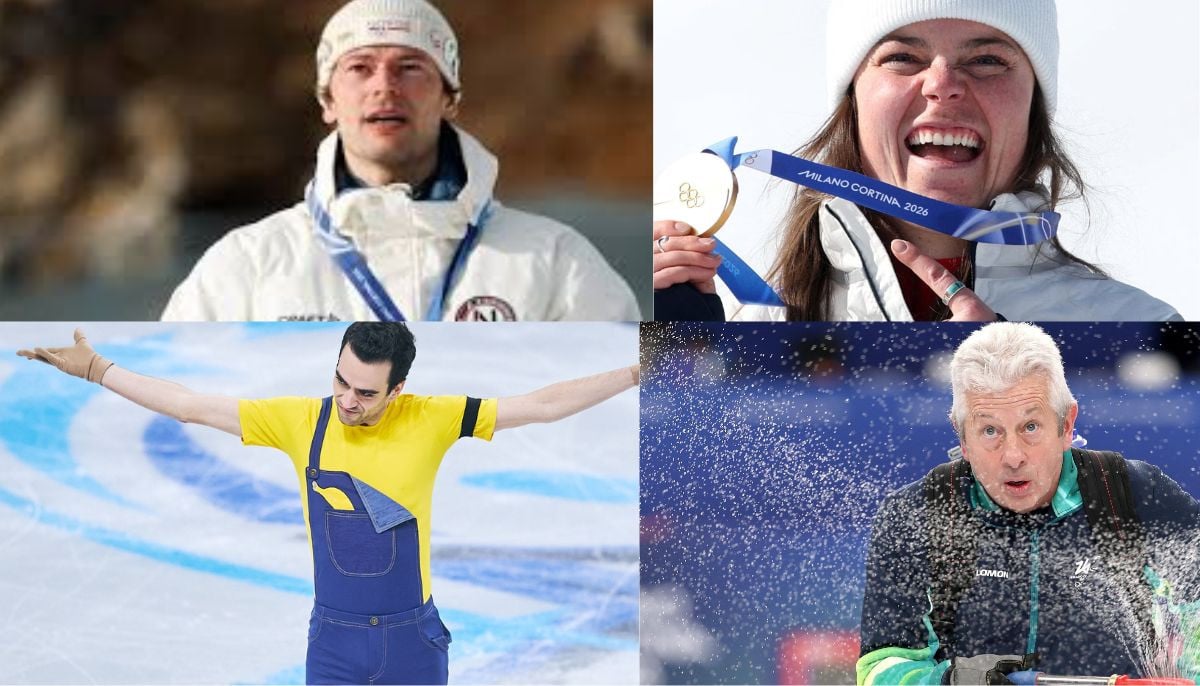PSB reforms likely to face backlash from POA, affiliated federations
Sports bodies will seek advice from respective international federations and act accordingly, says POA official
KARACHI: The reforms introduced by the Pakistan Sports Board (PSB) are likely to backlash from the Pakistan Olympic Association and affiliated federations leading to a prospective crisis in the country's sports governance.
The POA and other bodies argue that the PSB's measures, available on its website, threaten autonomy and violate international norms.
The PSB's move includes the enforcement of election regulations, a new Code of Ethics and Governance, and a Model Constitution for federations.
The body's officials have termed these steps critical to improving governance, ensuring transparency, and eradicating malpractice in the country's sports sector. However, critics argue that these steps are a violation of international sports statutes.
The Sports Election Regulations aim to centralise electoral processes under the supervision of an independent Election Commission formed by the PSB. This body is tasked with overseeing the scrutiny of club memberships and the finalisation of voter lists, ensuring elections are conducted fairly and transparently.
According to the notification, the director general of the PSB can mandate elections in any federation, whereas disputes arising from these elections would be resolved by an election tribunal also formed under the PSB's framework.
"The entire election process, from club scrutiny to NSF elections, will be completed within 120 days," the notification said, with the election tribunal authorised to resolve objections and disputes.
While the PSB insists these measures will improve efficiency, the POA and member federations view them as overreach. In a letter sent last month, the 23 federations have said that any such steps by the PSB would be violating international sports laws and interfering with their autonomy.
"Every federation operates under the rules of its respective international governing body, and interference by the PSB violates these frameworks," they noted.
In addition to the election regulations, there's also an introduction of the Code of Ethics and Governance which addresses unethical practices such as match-fixing, corruption, age fraud, doping, harassment, and human trafficking.
Violators face severe penalties, including verbal and written reprimands, temporary bans ranging from one to ten years, and lifetime bans for most serious infractions.
Meanwhile, the PSB also retains the authority to suspend or disaffiliate entire federations in extreme cases, rendering them ineligible for government funding and access to infrastructure.
"The Code underscores our commitment to maintaining ethical standards in sports and ensuring accountability,” read the notification.
Furthermore, cases involving criminal misconduct would be referred to relevant investigative agencies, the notification added.
Additionally, the PSB has asked NSFs to adopt a "Model Constitution" designed to align governance structures with international standards and the country's National Sports Policy.
While the PSB argues these measures would strengthen transparency and accountability, sports federations remain sceptical.
"This approach jeopardises the autonomy we need to function effectively,” remarked a senior federation official.
The POA has been particularly vocal in its opposition, warning that these measures could lead Pakistan to face serious consequences at the international sports stage.
"We were aware of what PSB was planning. Though as of now we haven't received the notification [but] all the sports bodies have already decided to seek advice from their respective international federations and will act accordingly," said a sports federation official on condition of anonymity.
-
Devin Vassell, Wembanyama shine in Spurs victory over Detroit
-
USA beats Canada for first Olympic hockey gold in 46 years; Donald Trump, Barack Obama & others hail historic victory
-
Claressa Shields defeats Franchon Crews-Dezurn in heavyweight title rematch
-
Kara Braxton, WNBA All-Star and champion, dies at 43
-
Magic vs Clippers: Clippers announce Kawhi Leonard status after exit
-
NFL star Rondale Moore dies aged 25, Minnesota Vikings pay tribute
-
Winter Olympics 2026: Remembering the most unforgettable, heartwarming stories
-
‘Miracle on Ice’ redux? US men chase first Olympic hockey gold in 46 years against Canada












